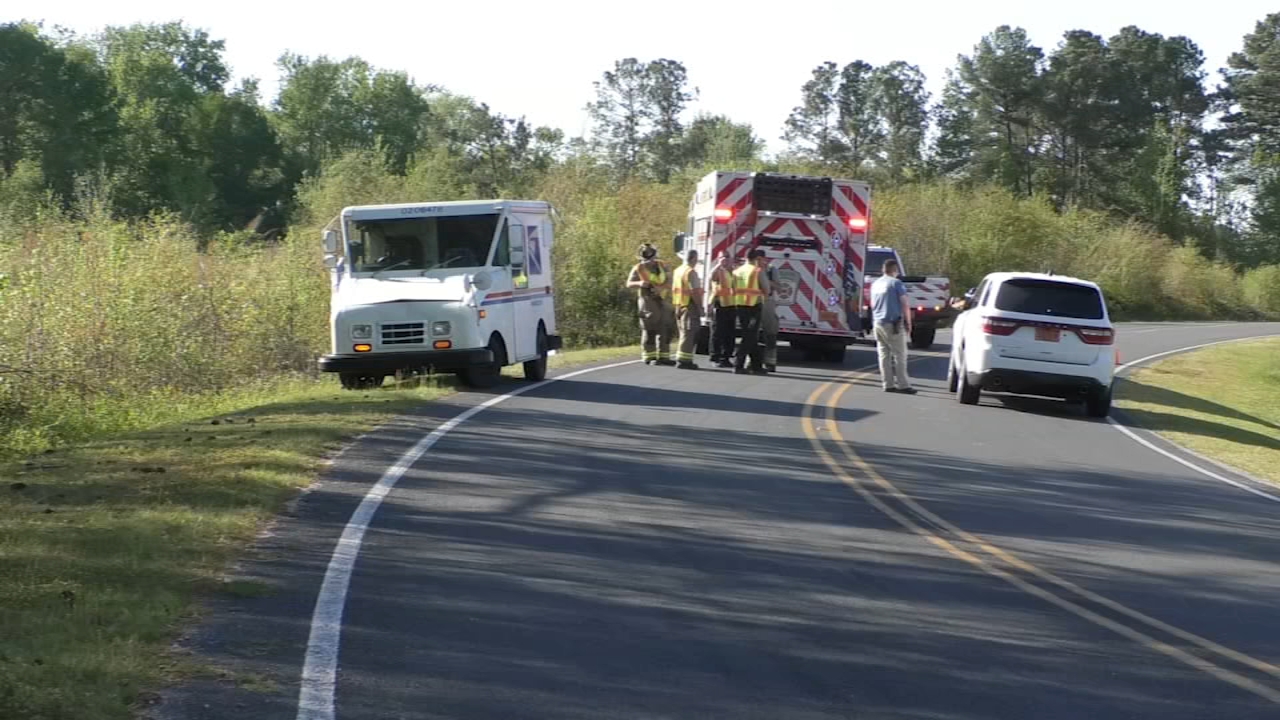How the number of mental health workers at our local school districts compare to nationwide recommendations

The current health and safety crisis has brought to light new challenges for the public school system when it comes to mental health services and other stresses outside of school, such as food insecurity brought on by the COVID-19 pandemic.
At a time when mental health services are even more important, ABC11 took a look at the number of psychologists, counselors, nurses and social workers at our local school districts.
The Wake County Public School System (WCPSS), North Carolina's largest school district, has about 160,000 students:
- One social worker for every 1,454 students, with 110 social workers districtwide
- One psychologist for every 1,739 students, with 92 psychologists total
- One counselor for every 356 students, with a total of 449 counselors
- One-hundred and four registered nurses plus one special education services nurse, with nurses assigned to two to three schools each
Durham Public Schools has about 31,603 students -- about a fifth of the size of WCPSS:
- One social worker for every 902 students, with 35 total
- One psychologist for every 1,019 students, with 31
- One counselor for every 272 students, with 116
- Twelve nurses assigned to 2 to 5 schools each
Chapel Hill-Carrboro City Schools has 11,732 students:
- One counselor for every 317 students, with 37 counselors total
- One social worker for every 533 students, with 22 social workers
- One psychologist for every 1,067 students, with 11 psychologists
- A total of four mental health specialists (one per high school)
- Twenty nurses in total
But how do local schools compare to nationwide recommendations? Here are how they fair up:
- The American School Counselor Association (ASCA) recommends one school counselor to every 250 students.
- For every 750 students, the National Association of School Nurses recommends one nurse.
- National Association of School Psychologists recommends one psychologist per 500 to 700 students.
- The School Social Work Association of America recommends one social worker for every 250 students.
The federal CARES Act allowed North Carolina Governor Roy Cooper to direct $40 million to the State Board of Education and the Department of Public Instruction to hire more school nurses, counselors, social workers, and psychologists in our public schools.
"How these funds have been spread is that we've contracted to provide additional supportive counseling and services for students," Paul Koh, the assistant superintendent of student support services for the Wake County Public School System told ABC 11. "And that's where, outside of the current school counselors, if students and families have additional needs, we've hired on additional people through a contract who can support more directly the students who have a need that goes beyond the academic check-ins or just like the credit checks or things like that."
Koh said they've seen an increased need for mental health services the past three years and that the pandemic has highlighted that need even more.
Lindsay Wagner, of Public School Forum of North Carolina, said the Tar Heel state has been grappling with these disproportionate ratios of students to mental health professionals for years. She said the CARES funding isn't enough.
"It's a one-time funding pot, right, and so it's clear that we need recurring funding at a much higher level to ensure that our schools are adequately staffed with school nurses, psychologists, counselors, etc. going forward not just during COVID-19 but well into the future," Wagner said.
Koh thinks about the impact the pandemic is having on students.
"We've lost 250,000 people to this pandemic as a country, right, so it's like the loss of life, loss of learning, loss of financial means, so all those things about the kind of human experience of this, it's on top of my mind about what can we do to support our students and families as much as possible so that those challenges can be minimized and once we come out of this, our students are going to be back to learning and thinking about their future and becoming the best versions of themselves," Koh said.









